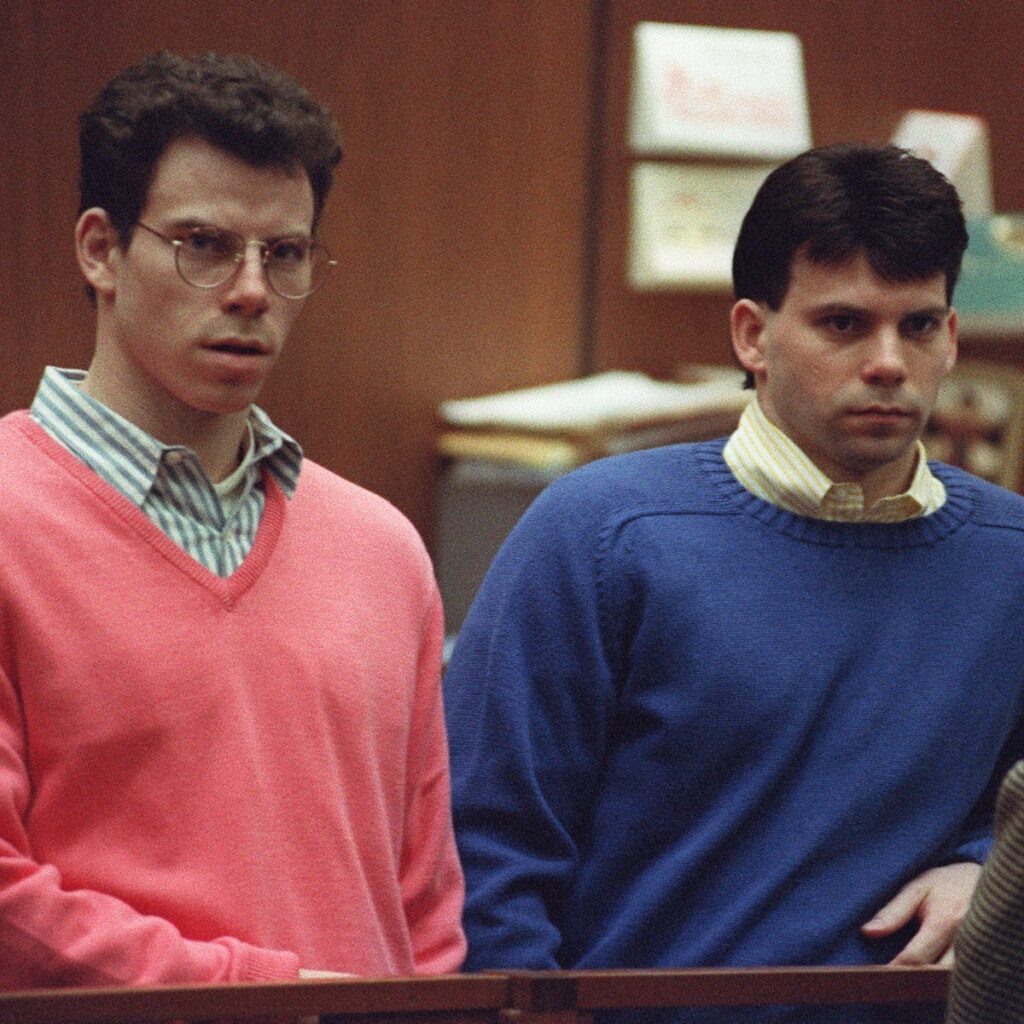The Netflix documentary titled Menendez Brothers offers a poignant reflection on the traumatic experiences and convictions of Erik and Lyle Menendez regarding the murders of their parents, José and Mary Louise "Kitty" Menendez, in 1989. Their testimonies during the trials that followed were fraught with harrowing revelations about their childhood, primarily focusing on the sexual abuse they endured at the hands of their father. The brothers’ experiences of trauma and its impacts took center stage during the trials, particularly as Lyle, in a deeply emotional moment on the stand, disclosed that he had, in a misguided act of survival and coping, sexually abused Erik as a child. Lyle’s tearful apology to Erik during this testimony marked a pivotal moment in their narratives, both highlighting the depth of their pain and the burden of guilt that has fueled much of their lives afterward.
Erik’s reflections on Lyle’s apology reveal the profound sorrow and trauma that he carries into adulthood, as Erik expressed longing for the maternal connection he lost with Kitty after the murders. In the documentary, he articulates how deeply he misses his mother, wishing for a chance to communicate his love for her. Erik’s ability to express these feelings underscores the complex emotions surrounding their mother’s role in their upbringing, including her dismissive response when Lyle confided in her about the abuse. Lyle recalled that Kitty minimized his reports of the abuse, telling him he was exaggerating, which only served to further isolate the brothers in their torment and left them feeling unheard and unprotected.
As the trials unfolded, both brothers faced the challenge of recounting their painful pasts in a public forum, a process that Lyle admitted he did not want to undergo. The profound unwillingness to disclose such intimate and hurtful details speaks volumes about the effects of their upbringing and the trauma they had to grapple with. Dr. Ann Burgess, an expert who worked closely with the Menendez brothers after the murders, noted that there was a deep-rooted dysfunction in the family that could not be overlooked, remarking that motives like financial gain or revenge were insufficient explanations for the tragic events that transpired.
The outcomes of their trials were grim, resulting in convictions for two counts of first-degree murder in 1996, after a hung jury in the first trial. The narrative of the Menendez brothers has remained relevant due to ongoing media coverage, including the recent Netflix documentary and Ryan Murphy’s miniseries Monsters: The Lyle and Erik Menendez Story. This renewed attention has sparked debates about the complexities of their case and the societal perceptions surrounding it, particularly regarding the impacts of their difficult childhood on their actions.
In a significant turn of events, Kim Kardashian’s recent support has highlighted the potential for a re-evaluation of the brothers’ cases. After visiting them in prison, she wrote an op-ed advocating for a new trial, asserting that they are not the "monsters" they have often been labeled as, but rather "kind, intelligent, and honest" men. Kardashian’s statements reflect a growing recognition of the nuances surrounding their motivations, emphasizing that had the crimes been committed and tried in the present day, the outcome may have been quite different. This call for justice reopens discussions about the legal system’s approach to cases involving trauma and abuse, suggesting a need for a more compassionate understanding of such complex situations.
The ongoing discourse surrounding the Menendez brothers serves as a powerful reminder of the lasting repercussions of childhood trauma, familial dysfunction, and the quest for understanding in cases of extreme violence. Their story, now brought to light through various media platforms, continues to resonate, prompting conversations about mental health, abuse, and the judicial system’s role in addressing these sensitive issues. As Erik and Lyle Menendez reflect on their past and their present, they not only confront the legacy of their experiences but also advocate for a broader understanding of the factors that contributed to the tragic events of their lives.

